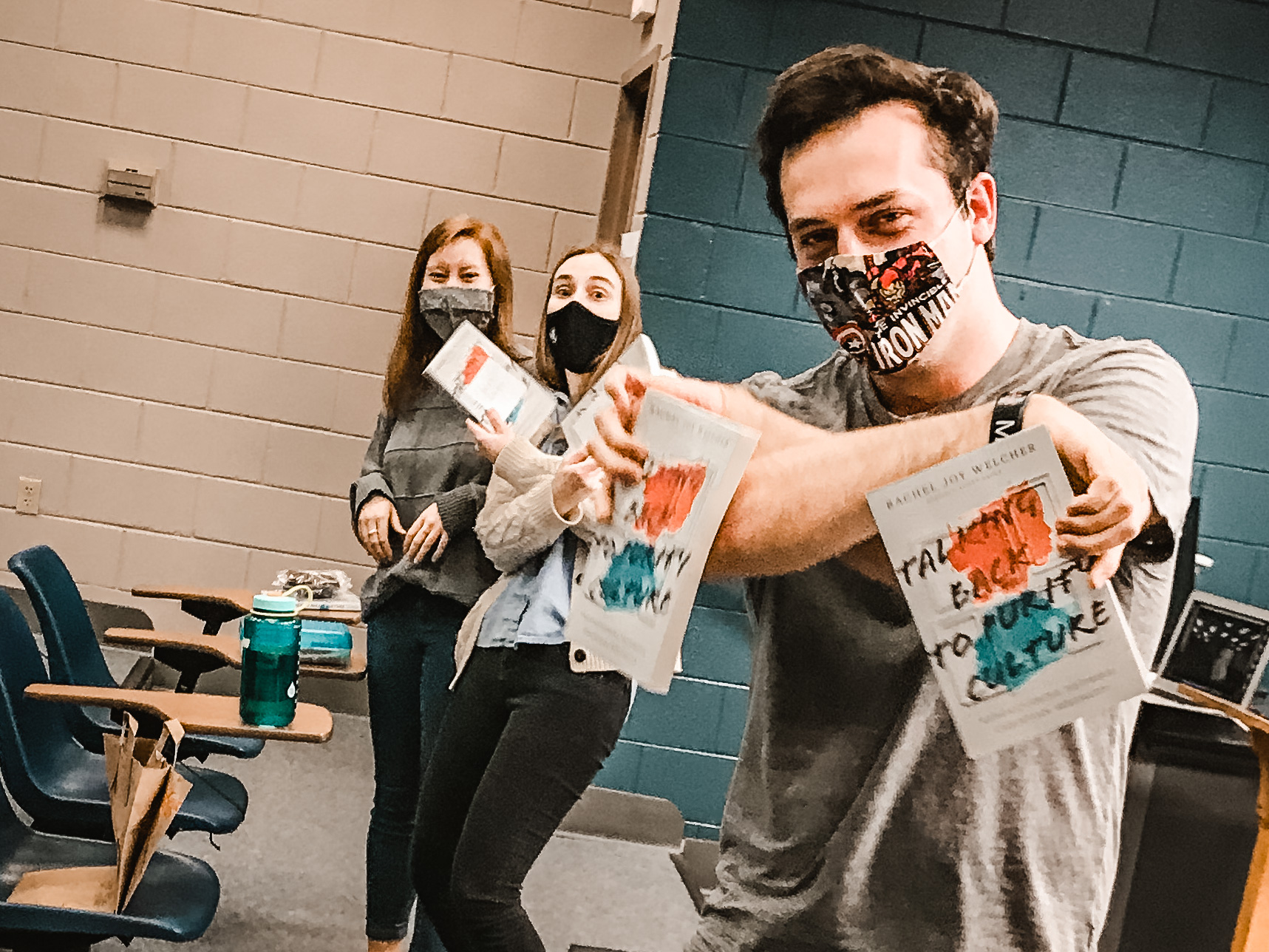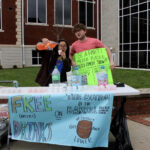Purity culture is a phenomenon many Chrisitians are quite familiar with — a movement that largely began in the 1990s has impacted a generation of people. In essence, purity culture teachings emphasize sexual purity before marriage based on biblical teachings. In recent years, many people have begun to examine the impact of different aspects of this culture and tried to identify both the helpful and harmful components of it.
Asbury has stepped into this conversation through a recent event series. Spiritual Life Board (SLB), a subsect of the student government, has organized this initiative. Caylor Gongwer, a senior and vice president of Spiritual Life Board, spoke to the planning of these events.
“It was evident that we as a campus needed some kind of change if we were to reach the goal of being in a healthy community together,” said Gongwer.
“This is a multifaceted issue,” Gongwer said. “So when the topic of purity culture came up in a sociology class last semester, it seemed like a good direction for SLB to address the broader issue. Our class discussion revealed the need for our generation to talk about this phenomenon and process how it has shaped our experiences of identity and community.”
The series is made up of three different events. On March 29, Dr. Gay Holcomb spoke. On April 12, Dr. Dan Strait will lead a discussion, and Dr. Lisa Weaver-Swartz will be speaking on April 19. “Talking Back to Purity Culture: Rediscovering Christian Sexuality” by Rachel Joy Welcher is a book that has helped guide the series. Gongwer and Brooke Scott, a member of SLB and key organizer for this event, were introduced to this book as a result of their curiosity regarding this topic.
As far as areas of conversation go, many different aspects of purity will be addressed during these events.
“We are open to talking about anything related to purity culture and our understandings of purity, as they relate to our faith, identity, relationships, societies, and cultures,” said Gongwer.
Organizers have many different goals for these events.
“We hope that these conversations inspire continued pondering and conversation outside of our sessions,” said Gongwer. “We hope that these conversations prompt us to rethink, reevaluate, and even unlearn some of the unhealthy ways we relate to both one another and ourselves. We also hope that this is a safe space to start healing so we can enter back into to the community and, to quote Gandhi, ‘be the change that we want to see.’”
Scott also spoke to the goals she has for these events.
“Our hope with these events is that students leave with a better understanding of how purity culture has shaped us, and how to start talking back to it,” said Scott. “If people need ways to start healing from messages that purity culture told, we hope this is a starting place. If people just want to learn more about it and join the conversation, again, we hope this is a safe starting place. For anyone interested in coming, I would say that we are all learning together, and that you are welcome to come listen, ask questions, and join in the conversation as you would like to!”






